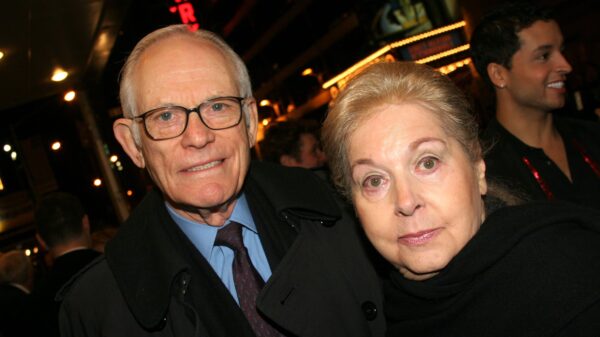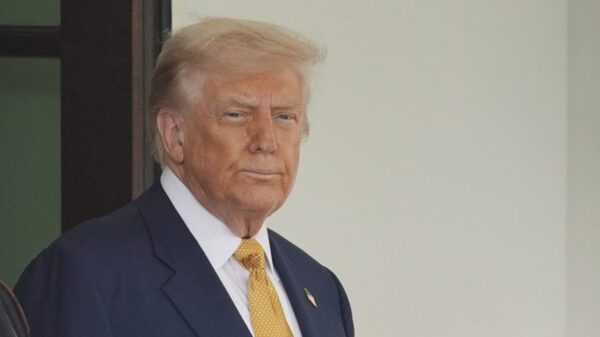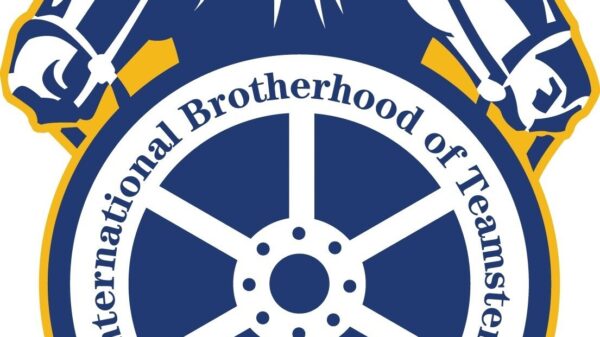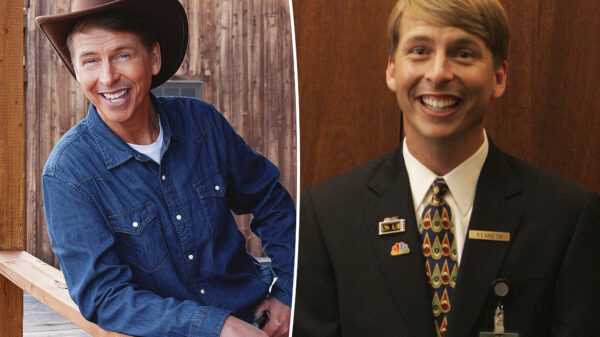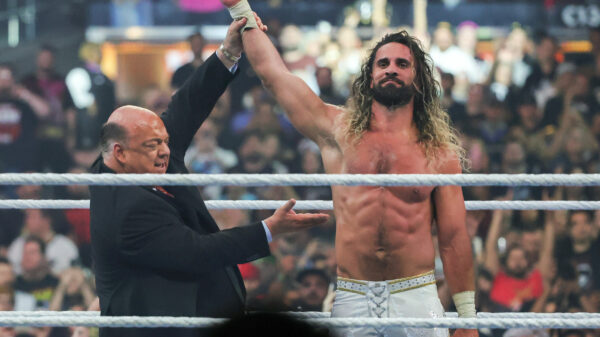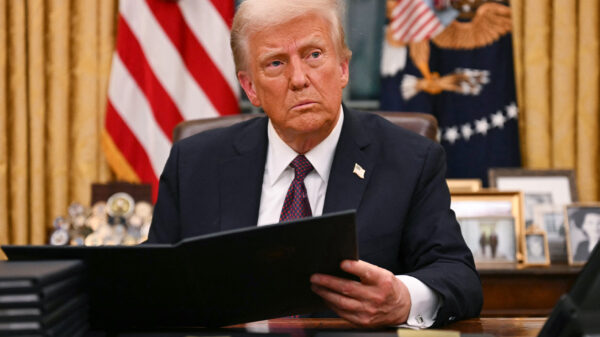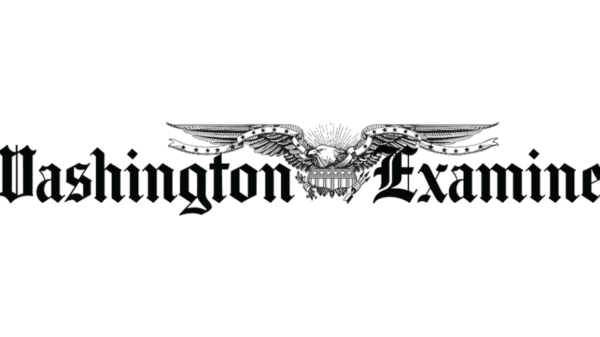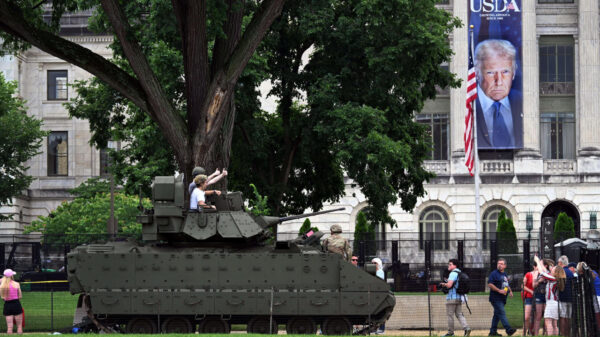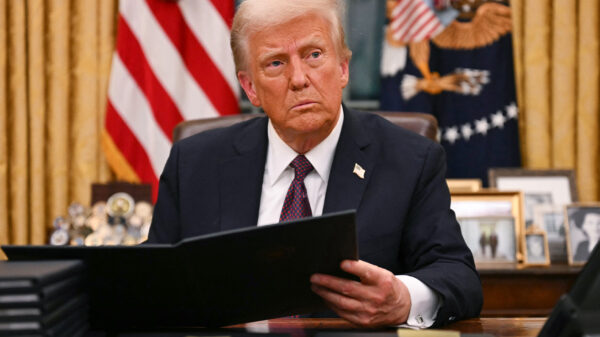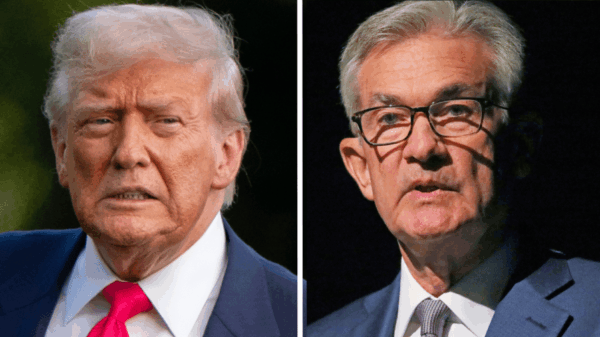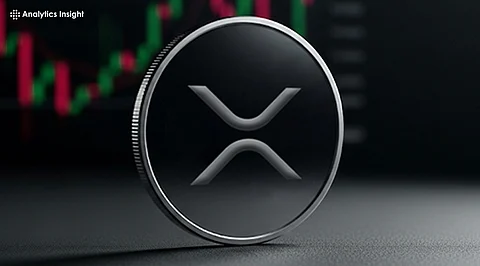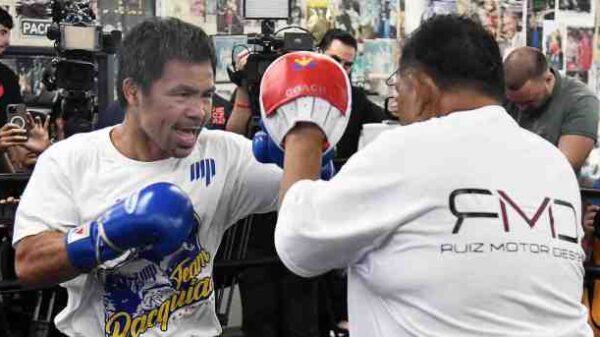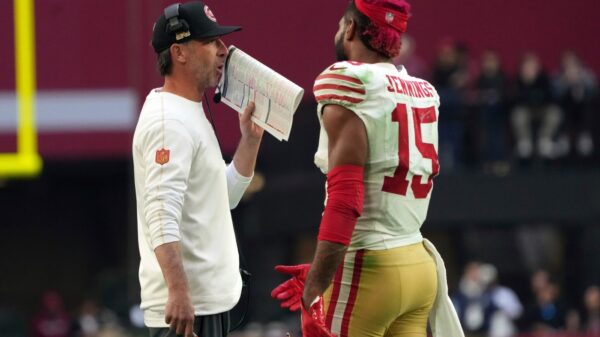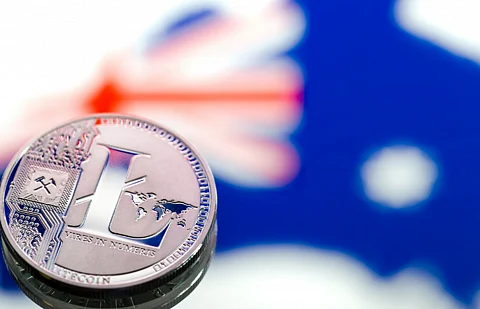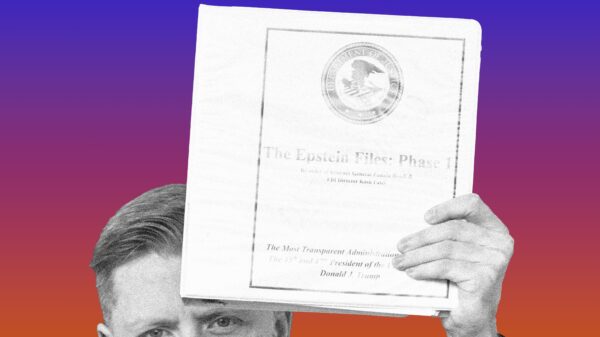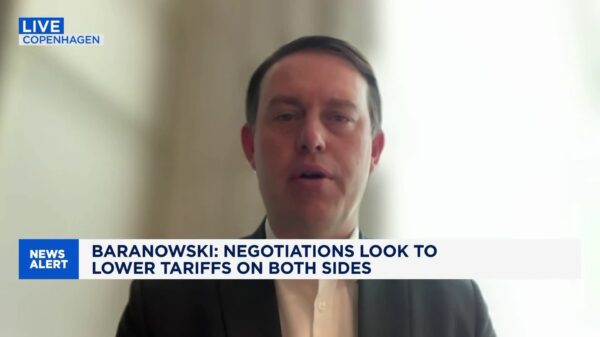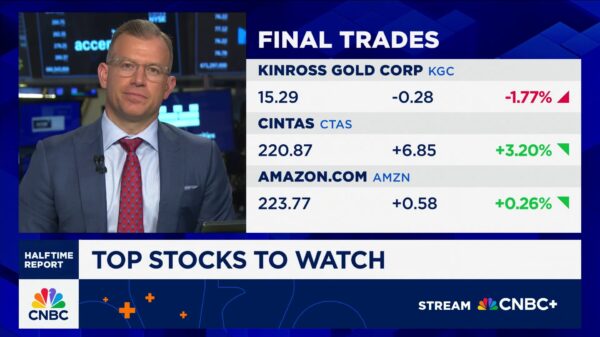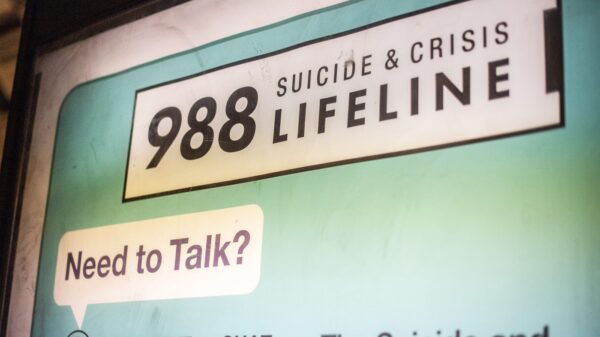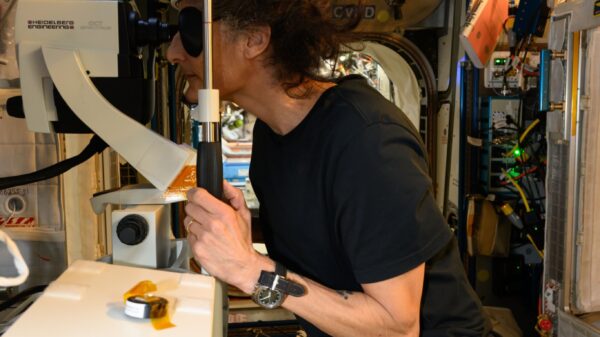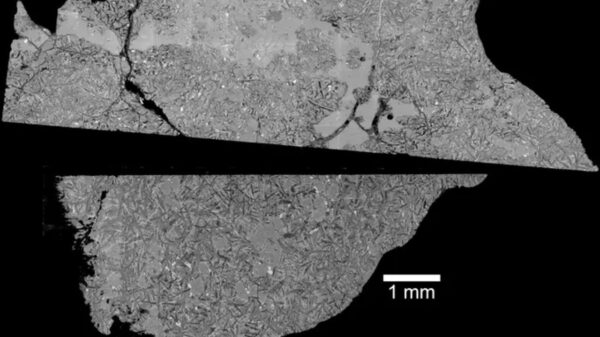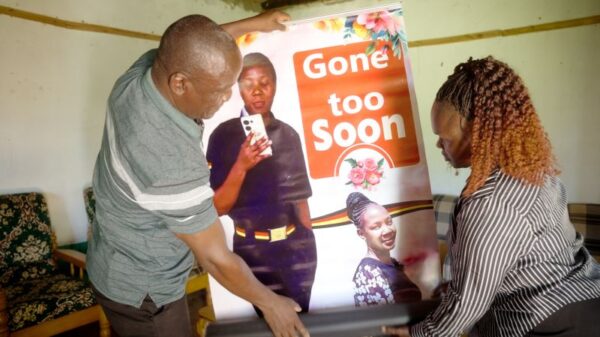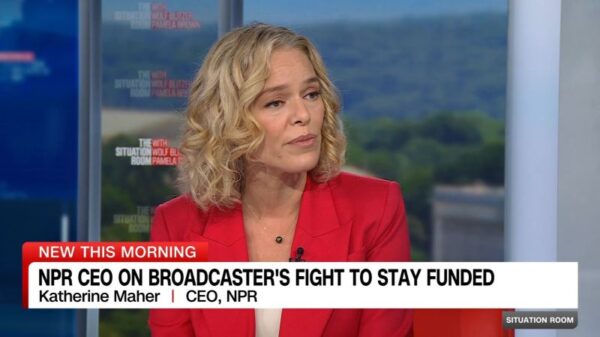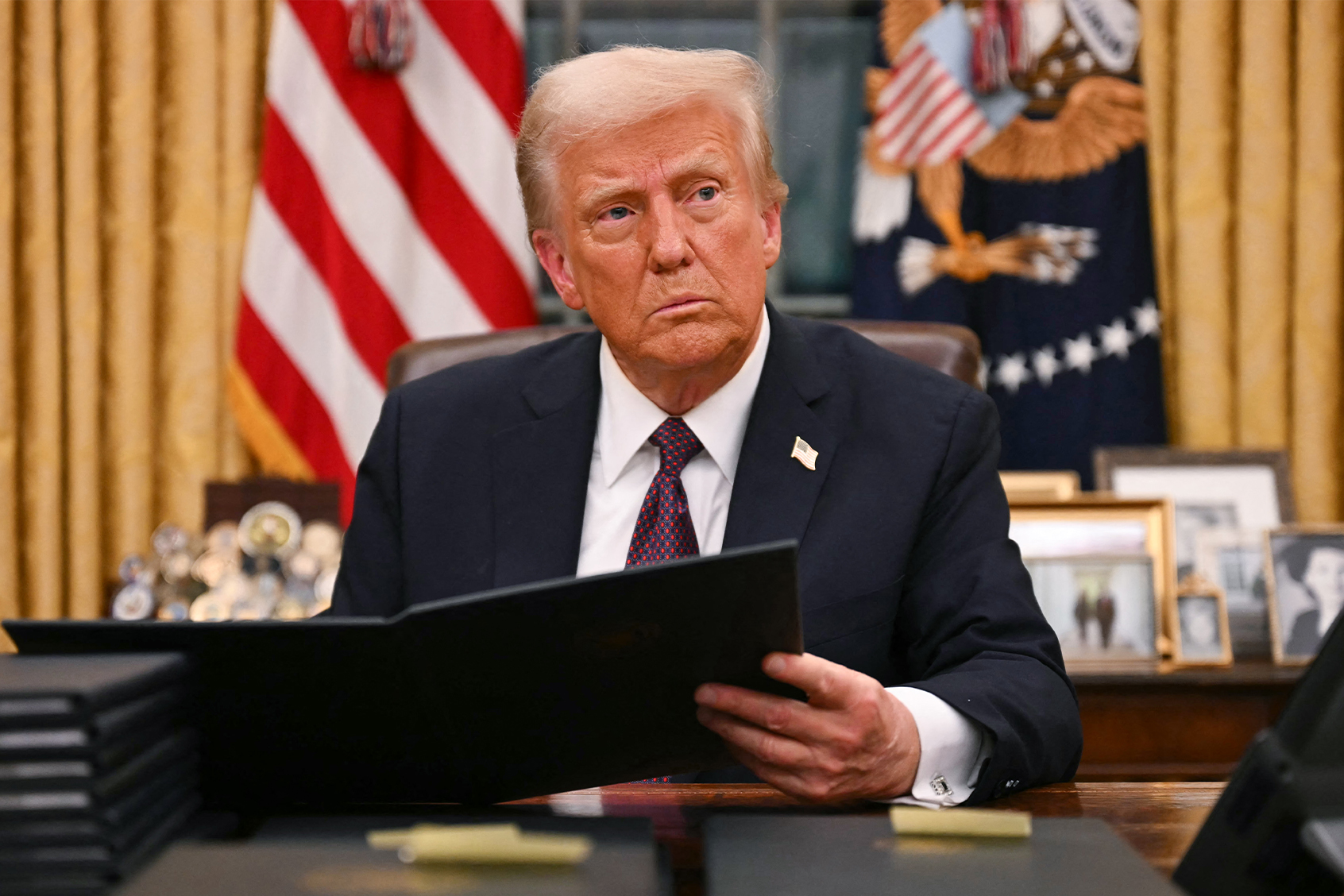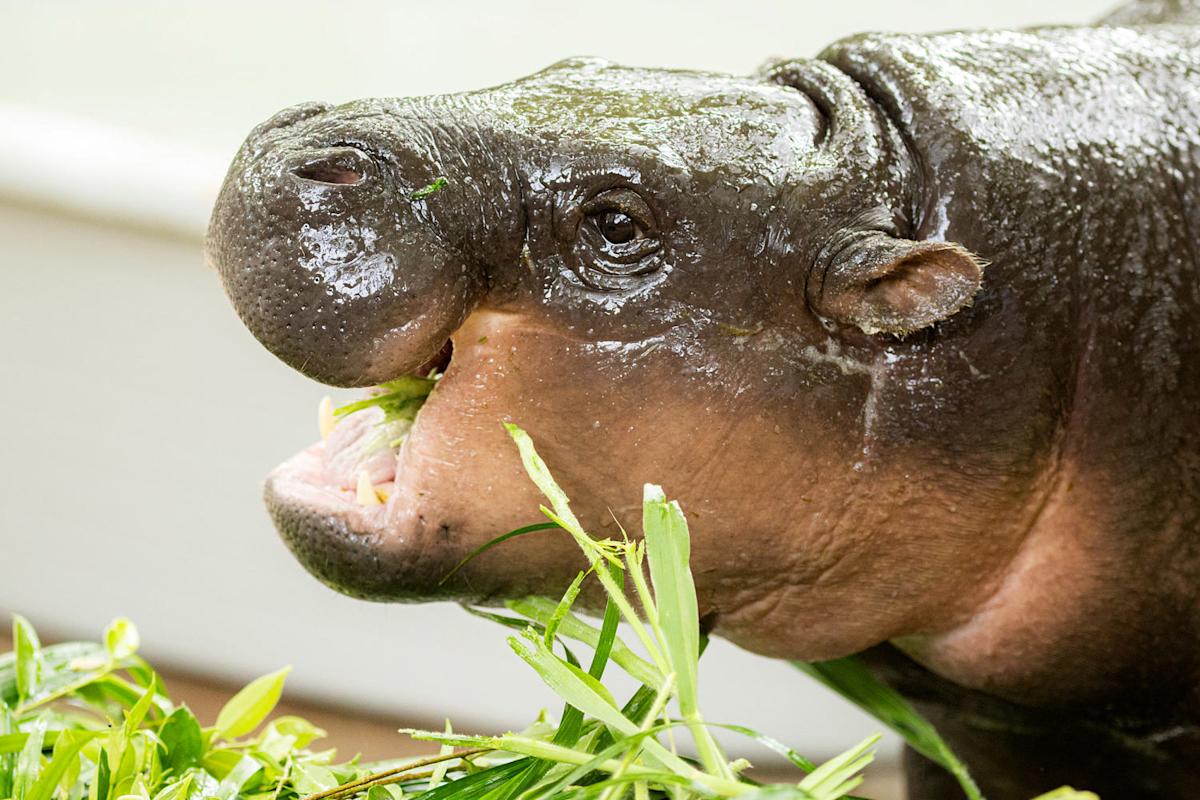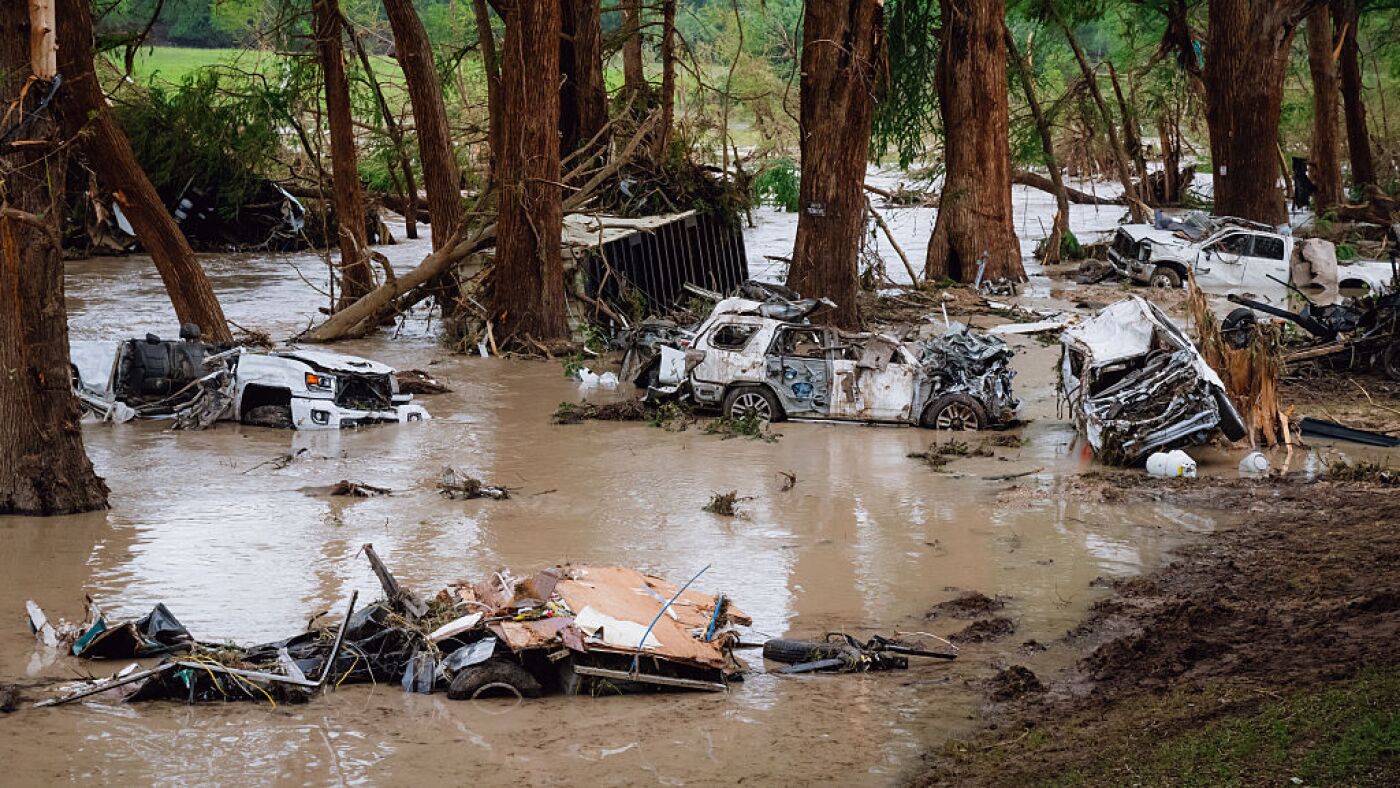Former President Donald Trump has prompted significant criticism after calling for the release of grand jury transcripts related to the investigation of Jeffrey Epstein. Following a report from the Wall Street Journal about a birthday note allegedly sent from Trump to Epstein in 2003, Trump announced via Truth Social that he had instructed Attorney General Pam Bondi to seek court approval to unseal any pertinent grand jury testimony relating to Epstein’s case. Bondi quickly indicated her agreement, stating she would pursue this request in court.
Legal experts have swiftly challenged the motivations behind Trump’s call, suggesting it appears politically calculated and largely ineffective. Joyce Vance, a former U.S. Attorney for the Northern District of Alabama, noted on social media platform X that obtaining a judge’s permission for such a release is not guaranteed. “They need a judge’s permission & a judge could easily say no,” she explained. Vance added that Trump’s request might serve as a narrative for him to claim he attempted to uncover the truth, only to be obstructed by the judicial system.
Critics have also pointed out that the requested grand jury transcripts represent only a small portion of the overall investigative material. Elie Honig, a former assistant U.S. attorney, emphasized that the entire Epstein file comprises around 300 gigabytes of data, with grand jury testimony making up just a fraction of that. “What Trump said to do there is not to turn over all the Epstein files. It is a fraction of a fraction of a fraction of those files,” Honig remarked during a CNN appearance, highlighting the limited scope of what could be revealed.
Former deputy chief of the criminal division for the Southern District of New York, Kristy Greenberg, expressed skepticism regarding the value of the transcripts in implicating Trump. “Trump knows SDNY prosecutors seeking to indict Epstein and Ghislaine Maxwell didn’t ask questions about him in their grand jury presentations while he was POTUS,” Greenberg stated. She characterized the request as a distraction from more substantial evidence, such as witness interview notes and other critical materials.
Conservative attorney and Trump critic Heath Mayo characterized the move as desperate. He argued that it signals a desire to keep more incriminating information suppressed. “Anybody who knows anything knows that the grand jury testimony won’t show even a fraction of the evidence that was obtained,” Mayo stated, emphasizing the limited insight such transcripts would provide into the broader investigation.
Democratic lawmakers have echoed these concerns, questioning the broader implications of Trump’s request. Representative Dan Goldman from New York responded on social media, challenging the adequacy of the transcripts in revealing evidence related to Trump and others involved. “What about videos, photographs and other recordings? What about FBI 302’s (witness interviews)? What about texts and emails?” Goldman wrote, asserting that the grand jury testimony would primarily pertain to Epstein and Maxwell, rather than Trump.
The ongoing scrutiny surrounding Trump’s request highlights not only the complexities of the Epstein case but also the political maneuvering that surrounds it. As the situation develops, the implications of Trump’s actions remain to be seen, particularly regarding their potential impact on public opinion and legal proceedings related to Epstein’s extensive network.


